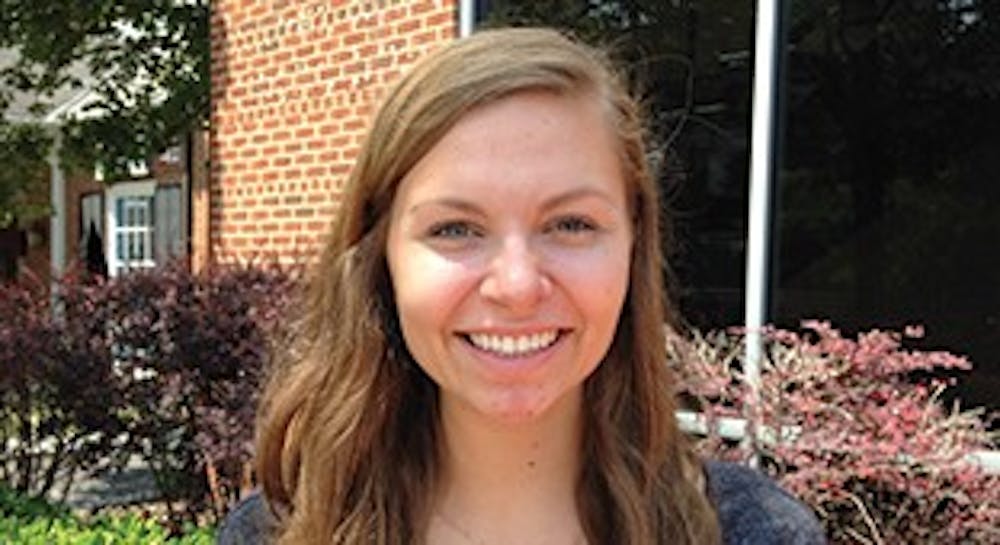In June, Pope Francis released an encyclical that both accepted climate change as a scientific reality and addressed the need to fight its effects.
As both a Christian and an environmentalist, I gained an important ally in the effort toward widespread environmental stewardship.
But there are others who still take a firm stance against the existence of climate change.
Why haven’t more members of religious communities publicly shifted thinking on this issue, especially in the American South, where religion is such a visible aspect of the culture?
The common assumption is if the changes in our environment are not recognized as human-caused, there is no need to change human behavior.
This couldn’t be further from the truth. Ecosystems should always be kept pristine, especially for those that think it is created in holiness and with purpose. Purification by water, gods of lightning and rain and enlightened treks through mountains have kept spirituality tied with nature for centuries.
In the encyclical, Pope Francis argued people’s relationships with their neighbors and the Earth are essential.
“Human life is grounded in three fundamental and closely intertwined relationships: with God, with our neighbor and with the Earth itself,” Pope Francis said.
Yet there seems to be an ever-growing contradiction in groups that claim to have a relationship with God but deny the relationship they also have with the Earth.



